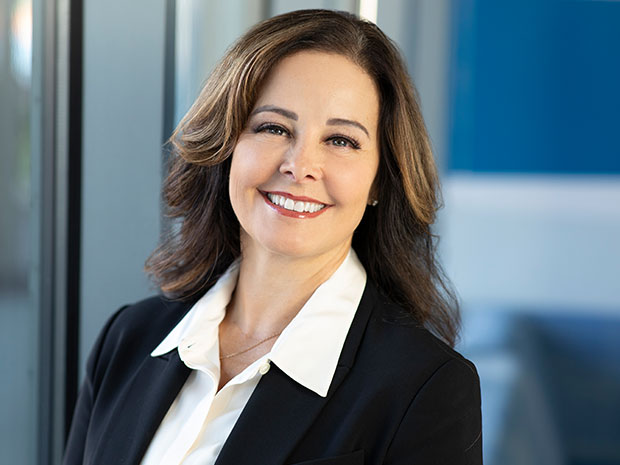Adopting ASC 842 is a complex undertaking. Companies face various challenges throughout the implementation process. The time and effort required for adoption is also often underestimated. Therefore, the Financial Accounting Standards Board (FASB) has proposed a deferred deadline to allow companies more time to assess their current lease portfolio, accurately select a software solution, adopt appropriate process and procedures and develop a plan to move forward. Through a successful adoption, businesses not only achieve compliance but also gains greater efficiency which can mean potential cost savings opportunities as well.
Key takeaways
- The deferral is proposed primarily because public company adoption proved challenging and complex
- Adopting ASC 842 is a complicated undertaking; the deadline deferral gives companies more time to carefully approach adoption
- Through successful adoption, companies not only achieve compliance, but gain greater efficiencies as well
Stacy Dow, technical accounting consulting lead, presents a short video explaining the reason for the deferral and why it’s important to start implementing now.
Background
FASB has proposed delaying the deadline of Accounting Standards Update (ASU) 2016-02, Leases (Topic 842), for all entities, other than public business entities and certain nonprofit organizations and employee benefit plans, by one year. The effective date for calendar-year entities affected by the deferral would change from the year ending Dec. 31, 2020 to the year ending Dec. 31, 2021. For government entities, initial indications are that there will not be a deferral from GASB 87. As such, the effective date for a governmental entity with a June 30 year-end continues to be the year ending June 30, 2021.


